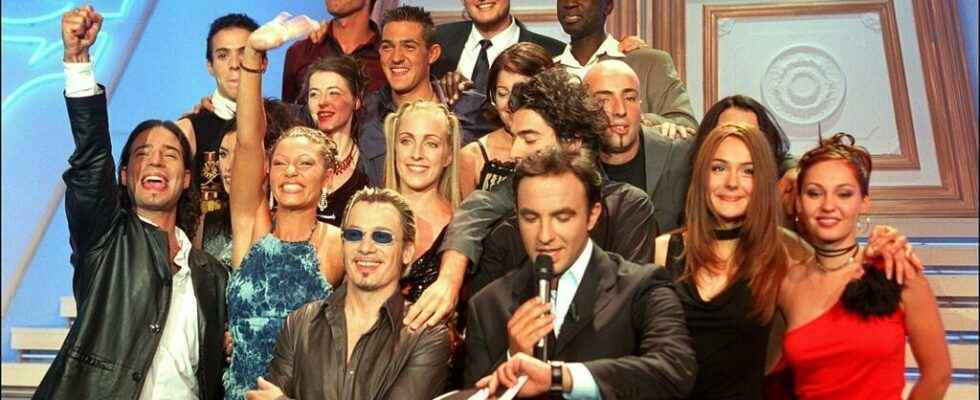What renewal of television programs with the announced end of the soap opera More beautiful life on France 3 and the return of star Academy on TF1?
This is what the producer from Fremantle, Bruno Fallot, calls “madeleines de Proust”: these programs that inevitably remind you of your childhood or a form of youth. More beautiful life was launched in 2004, in the greatest skepticism besides, and with disappointing audiences the first six months, before making the beautiful days of France 3.
The daily soap will end in November while another legendary program brand, star Academy, will return to TF1 21 years after its launch and 14 years after its disappearance from TF1. Both reality TV and tele-hook on the musical performances of the candidates, the program revealed Jenifer, Nolwenn Leroy or Grégory Lemarchal. It is again Nikos Aliagas, the star of the front page, who will host it this fall. The StarAcas it is called, will not be the only example of a return to the airwaves of major musical broadcasts.
Seek to gather with great entertainment shows
UK, Match Game returned to BBC1 while Name That Tune is again on Fox, in the United States, after its disappearance in 1985. Faced with competition from video-on-demand platforms, general interest channels are increasingly seeking to bring together major entertainment programs. Even France 2 could not resist a form of reality TV with MasterChefa culinary program that she is about to relaunch in the second half, after her stop by TF1.
A way also to respond to the streaming giants who are investing more and more in the field of entertainment. This is the show Love Island for Amazon, The Circle Game for example on Netflix or Dancing with the Stars in the United States for Disney+, after seventeen years on ABC.
Sign of wear and tear on the platforms?
France 3, with More beautiful lifeprompted TF1 or France 2 to then launch their own daily soap operas with tomorrow belongs to us Where such a big sun. His judgment may mark the sign of wear and tear in the face of platforms and their series. Because the program which had been designed to appeal to young people, was above all transgenerational before addressing the older audience of France 3. It is nonetheless a sociological phenomenon with its 17 authors from the studios of Belle de Mai , in Marseille.
It was against the backdrop of a vaguely police intrigue that many viewers discovered same-sex marriage ten days after the promulgation of the law or the difficulties of transidentity with a transgender actor. Finally, Plus Belle la vie made modern life, with its less and less marginalities, more understandable to a lot of parents and grandparents.
